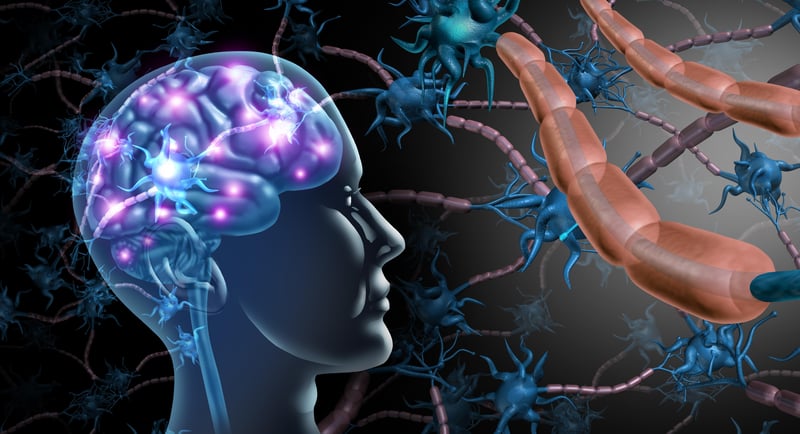Get Healthy!

- Cara Murez
- Posted April 26, 2023
FDA Approves Drug for Rare Form of ALS
The U.S. Food and Drug Administration on Tuesday approved a new drug for people who have a rare, inherited type of amyotrophic lateral sclerosis (ALS), also known as Lou Gehrig's disease.
The medication, toferson (Qalsody), targets a mutation in the SOD1-ALS gene. ALS attacks and kills nerve cells that control voluntary muscles. With ALS, patients lose nerve cells that affect chewing, walking, breathing and talking. The muscles weaken, and that leads to paralysis.
The newly approved medication is made by the company Biogen, which is based in Cambridge, Mass.
The FDA approved the drug based on evidence of a reduction in plasma neurofilament light, a blood-based biomarker of nerve injury and neurodegeneration. It did not show that the drug slowed the disease, the Associated Press reported.
Still, "the findings are reasonably likely to predict a clinical benefit in patients,"the FDA said in a statement.
"Since SOD1 mutations were first identified as a cause of ALS 30 years ago, the familial ALS community has been searching for genetically targeted treatments," Jean Swidler, chair of Genetic ALS & FTD: End the Legacy, said in a Biogen news release. "Qalsody offers families who have lost generation after generation in the prime of their life to this devastating disease a therapy targeting the underlying cause of SOD1-ALS. Today marks an important moment in ALS research as Qalsody is the first ALS treatment approved based on a biomarker. We are excited to see what future therapies are developed now that it is understood that lowering levels of neurofilament provides important evidence that a treatment is affecting the neurodegenerative process."
In the meantime, Biogen will be required to continue studying toferson in people who carry the mutation but don't yet have symptoms, the AP reported.
Between 16,000 and 32,000 Americans have ALS, according to the U.S. Centers for Disease Control and Prevention. About 2% of them have the SOD1 gene mutations. The CDC estimates that fewer than 500 Americans have SOD1-ALS.
Patients will receive Qalsody through a spinal injection from a healthcare professional, with a dose of 100 milligrams (mg) each time. SOD1-ALS patients will receive the first three doses at 14-day intervals, followed by a maintenance dose every 28 days.
Side effects for those using the medication include joint and muscle pain, fatigue and increased brain and increased white blood cells in spinal cord fluid.
More information
The National Institutes of Health has more on ALS.
SOURCE: U.S. Food and Drug Administration, news release, April 25, 2023; Associated Press




